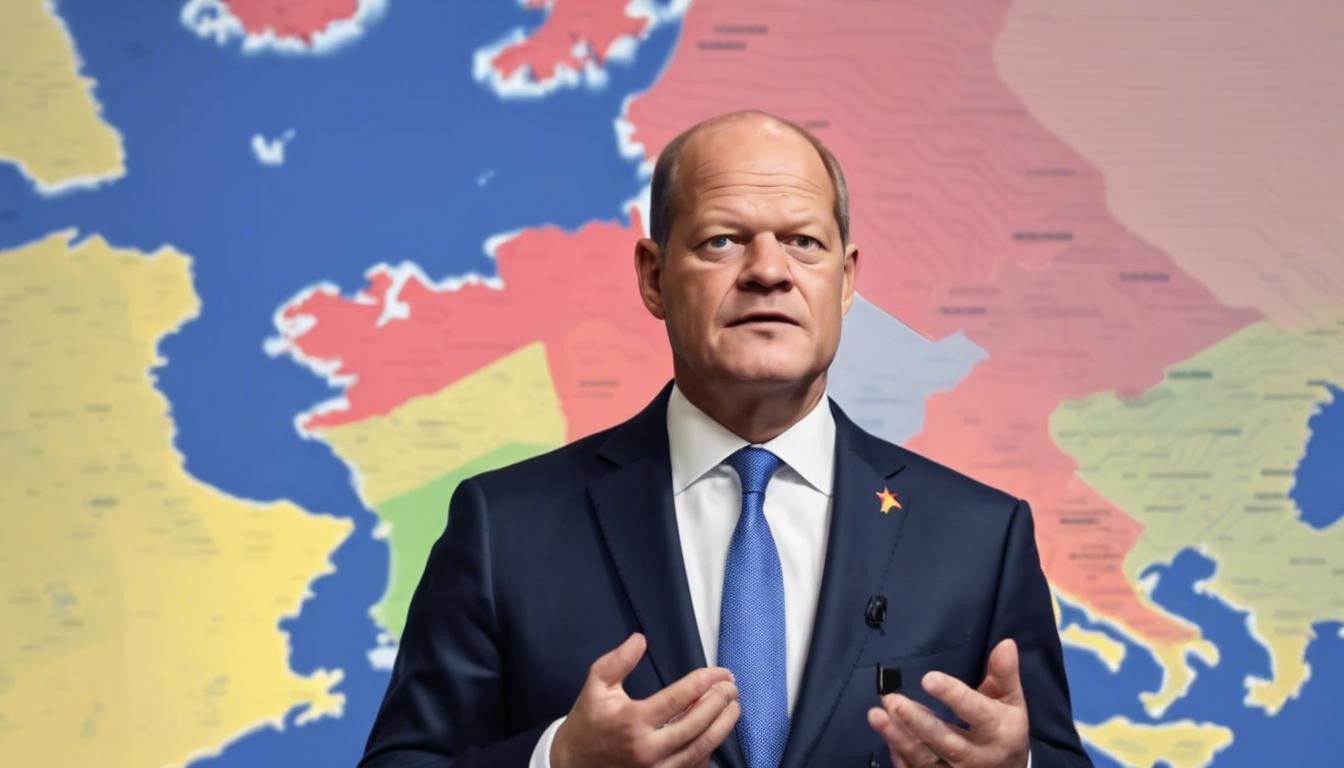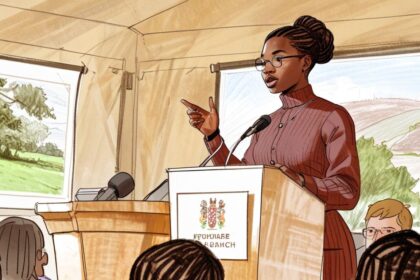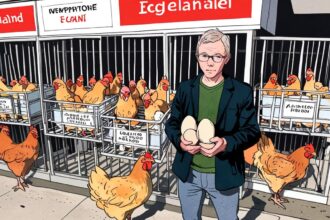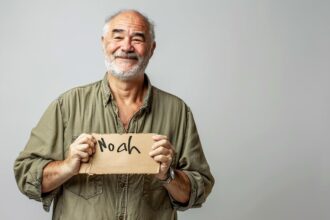German Chancellor Olaf Scholz confronts the rise of far-right populism in Europe while embracing new digital platforms to connect with younger demographics ahead of the European Parliament elections.
German Chancellor Olaf Scholz has recently engaged with the public through varied avenues, highlighting both his concern over European political trends and embracing new forms of digital engagement. On the social media front, Scholz has made his debut on TikTok, a platform predominantly popular among younger demographics, with a goal to give a glimpse into the daily workings of the government without resorting to the app’s hallmark dance videos. While addressing potential concerns over the platform’s security and misinformation issues due to its Chinese ownership, Scholz’s team conveyed a strategic, light-hearted approach to connect with younger audiences. This decision comes as Scholz prepares for a visit to China, though the timing was described as coincidental after thorough evaluation of TikTok.
Concurrently, Scholz issued a serious warning about the rise of far-right populism in Europe, citing it as a significant threat to the unity and stability of the European Union. With the European Parliament elections approaching in June, there is concern that right-wing populist movements, particularly those targeting refugees and minorities, could gain substantial ground. Projections suggest a potential increase in the representation of the radical right Identity and Democracy group, which could impact the balance of power and diminish the influence of centrist and green parties. Domestically, Scholz’s centre-left coalition is facing challenges, with increasing support for the centre-right opposition and the far-right Alternative for Germany party. Despite these issues, Scholz remains an advocate for a united and cooperative European Union, navigating both the evolving political landscape and new avenues of digital communication to address and engage with the public and political challenges.













